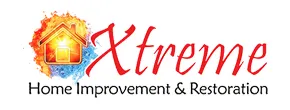
Our website is under construction
Serving the Palmyra and Harrisburg, PA areas, Xtreme Home Improvement & Restoration specializes in damage restoration services and home reconstructing work. 35+ years of experience. 24-hour fast response. Licensed and insured. Call us today at (717) 832-1900
Our Restoration Services
- Water Damage Restoration
- Fire & Smoke Damage Restoration
- Mold Remediation
- Biohazard Services
- Storm Damage Services
Our Home Improvement Services
- Reconstruction
- Remodeling
Emergency Services Available 24/7
PA License Number 079656